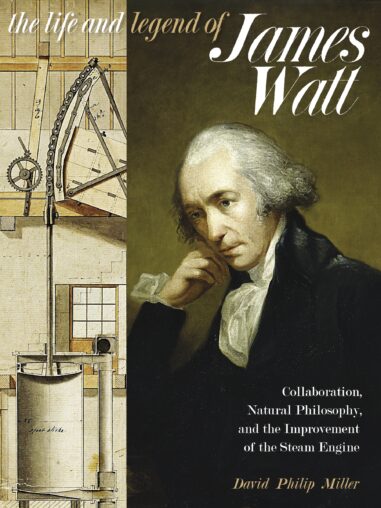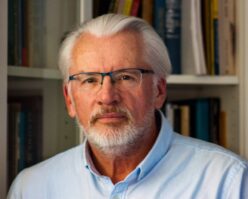
Paperback $42.00
Request Exam or Desk Copy. Request Review Copy
The Life and Legend of James Watt
Collaboration, Natural Philosophy, and the Improvement of the Steam Engine
David Philip Miller has written the most authoritative study of James Watt for a generation, one combining thorough research, lucid presentation, and an impressive mastery of biographical, technical, and scientific issues. Watt emerges as far more than the inventor of an improved steam engine: Miller presents him as an endlessly obsessive analyst and improver, a model of pragmatism, a shrewd businessman who used politics to further his commercial aims, and a natural philosopher of impressive range. The clarity of Miller's writing and arguments makes reading this book a pleasure

